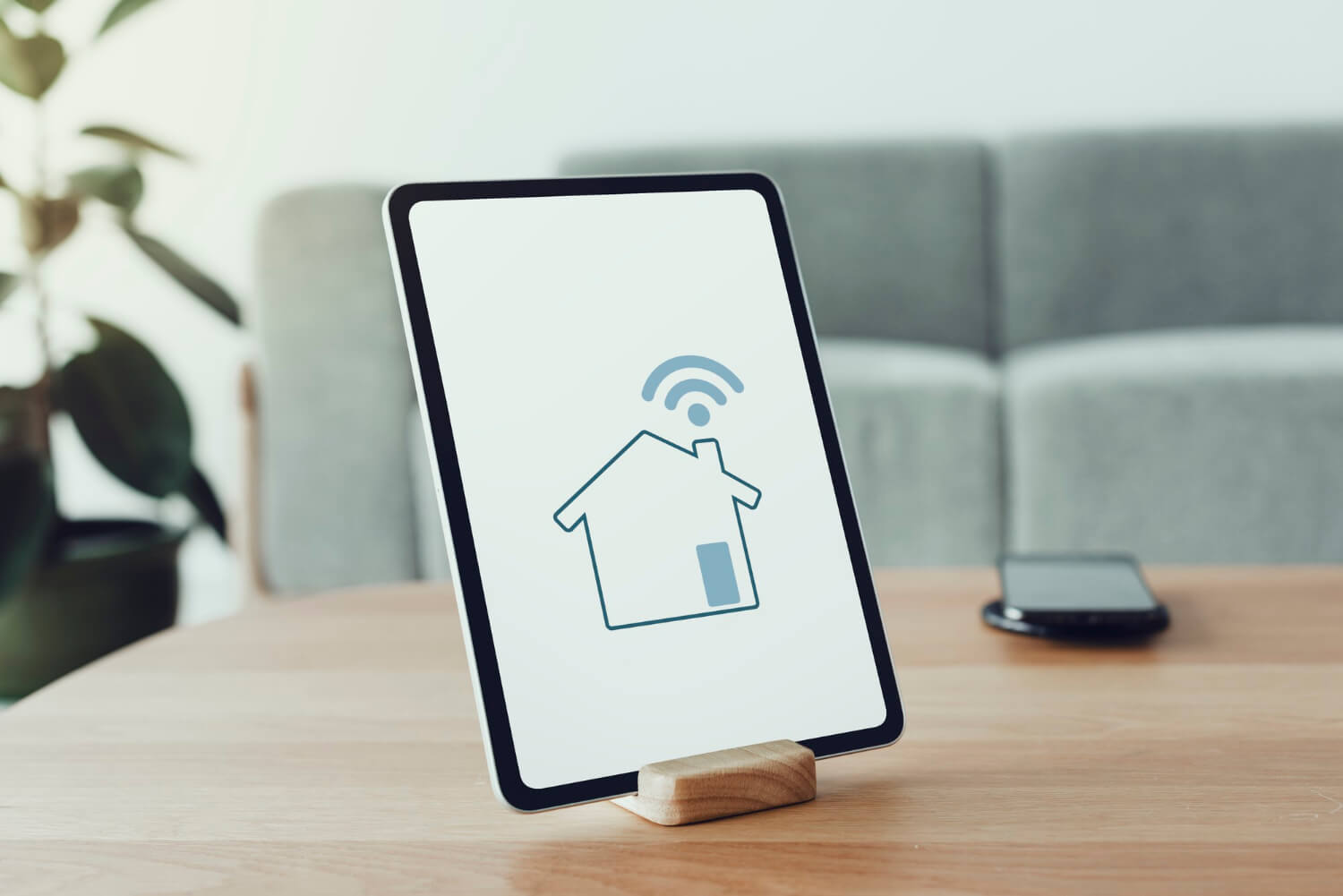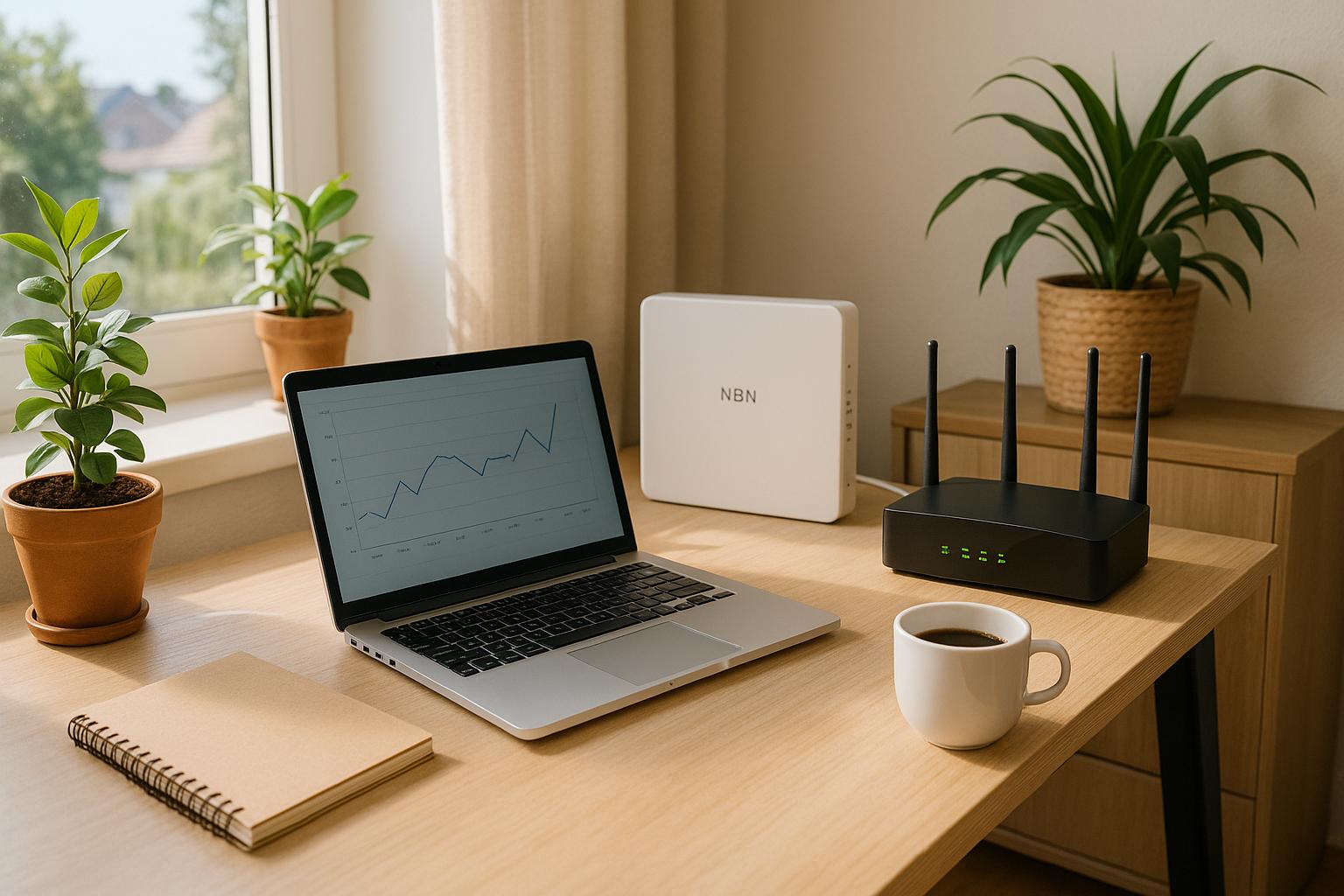G’day mates! If you’re like me and enjoy a seamless internet experience, you’ve probably grumbled about data caps at least once. As someone living in South Australia, understanding how broadband service providers handle data caps is crucial for our daily online activities. So let’s dig into what data caps are, how they impact our lives, and what options are available with broadband providers. This is especially for you – the average Aussie bloke or sheila aged between 30 and 55.
What is a Broadband Service Provider?
Before diving into data caps, it’s important to know what a broadband service provider, often called an Internet Service Provider (ISP), is. Quite simply, it’s the company that gives us access to the internet. These providers offer various technologies to connect us to the web, including cable, DSL, fiber optics, dial-up, and wireless services.
Services Offered by Broadband Providers
- Cable: Uses the same coaxial cables as our TV services.
- DSL (Digital Subscriber Line): Utilises the good old telephone lines.
- Fiber Optics: The fastest option, using light signals over fiber-optic cables. It’s the Ferrari of internet services but not everywhere yet.
- Dial-up: A bit like driving an old Holden – reliable in rural areas but slow.
- Wireless: Includes both fixed wireless and mobile, using radio waves to connect.
And it doesn’t stop at internet access. Many ISPs offer a shopping list of services like email, web hosting, and domain registration. It’s about as handy as a Swiss Army knife!
Understanding Data Caps
Data caps are basically the limit on how much data you can use each month. It’s like having a limit on how many times you can fill your car with petrol in a month. Once you hit that cap, your speed might be throttled, or you could face additional charges. Now, nobody likes to be slowed down especially when you’re halfway through binge-watching a new series or streaming your favourite tunes.
How Data Caps Affect Browsing
Data caps can have a solid impact on our internet habits. For instance, if your family is into streaming movies or doing video calls, these activities gobble up a lot of data. It’s like having teenagers raiding your fridge – the data disappears fast!
Here are a few ways data caps can affect us:
- Streaming: High-definition video can use up several gigabytes per hour. It’s much like having a long drive every weekend – costly on data.
- Online gaming: Modern games involve a hefty data appetite, especially with updates and multiplayer modes.
- Video calls: A necessary tool in today’s world but, oh boy, they do take a chunk out of your data allowance.
Options with Broadband Service Providers
The good news is that many broadband service providers recognise the frustration that comes with data caps and offer plans with unlimited data. This is like having an unrestricted Netflix marathon without worrying about hitting any walls.
Types of Broadband Providers
- Cable and DSL Providers: Common and widely available, fitting for general usage but can get sluggish during peak times.
- Fiber Optic Providers: Fast like a V8 but remember, it’s not available everywhere yet.
- Fixed and Mobile Wireless Providers: Perfect for remote locations, but you need to check data allowances closely.
When looking for a new ISP, consider plans without data caps if your family are heavy internet users. Trust me, it saves a lot of hassle and arguments over who used up the last of the data.
Choosing the Right Provider
Picking the right broadband service provider isn’t just about finding the cheapest deal. It’s about getting the right speed, support, and other perks that match your lifestyle.
Speed and Reliability
- Speed Guarantees: Check for guaranteed speeds. Be aware that providers often say “up to” certain speeds, which might not reflect actual conditions.
- Service Level Agreement (SLA): This is akin to a pledge from the provider on quality and uptime. Crucial for those working from home or running a business.
Support and Maintenance
- Technical Support: Ensure they offer 24/7 support. No one wants to be stranded offline because the help desk is closed.
- Mean Time to Repair (MTTR): Knowing how quickly they can fix problems is like having RACV – comforting!
Additional Fees and Services
- Hidden Fees: Look out for set-up fees, cancellation costs, or gear rentals – some bills need a magnifying glass to decipher!
- Managed Services: Consider if they offer solutions for keeping your tech in check, great for peace of mind.
Coverage and Availability
- Service Areas: Check what’s available in your area. Some rural spots might only have limited options.
- Future Expansion Plans: Find out if there are plans to upgrade. It’s like knowing when the next big freeway is opening up!
The Broader Impact of Broadband on Community Development
Broadband is critical not just for us individually, but also for community growth, especially for those in the boonies.
Economic Benefits
Reliable broadband opens up global markets for local businesses, enabling remote work, and driving economic growth. It’s akin to placing your business on a virtual highway instead of a dead-end street.
Educational Opportunities
Distance learning becomes a game-changer, putting even remote regions on par with suburban schools. Students can tap into resources otherwise out of reach.
Healthcare Services
Telehealth relies heavily on broadband to provide patient care remotely, a must in places where the doctor might not always be just around the corner.
Digital Inclusion
Expanding broadband services is like building roads in uncharted territories, ensuring every community gets its slice of the digital pie. This includes initiatives for affordable access and infrastructure improvements in less serviced areas.
Conclusion
Choosing the right broadband service provider isn’t just a tick-box exercise. It requires weighing up speed, support, additional services, and understanding data caps. With these tips in mind, you can navigate the sea of broadband options available and find a service that perfectly suits your needs. Remember to check for unlimited data plans and ensure your chosen provider supports your lifestyle and internet habits. Happy surfing!



